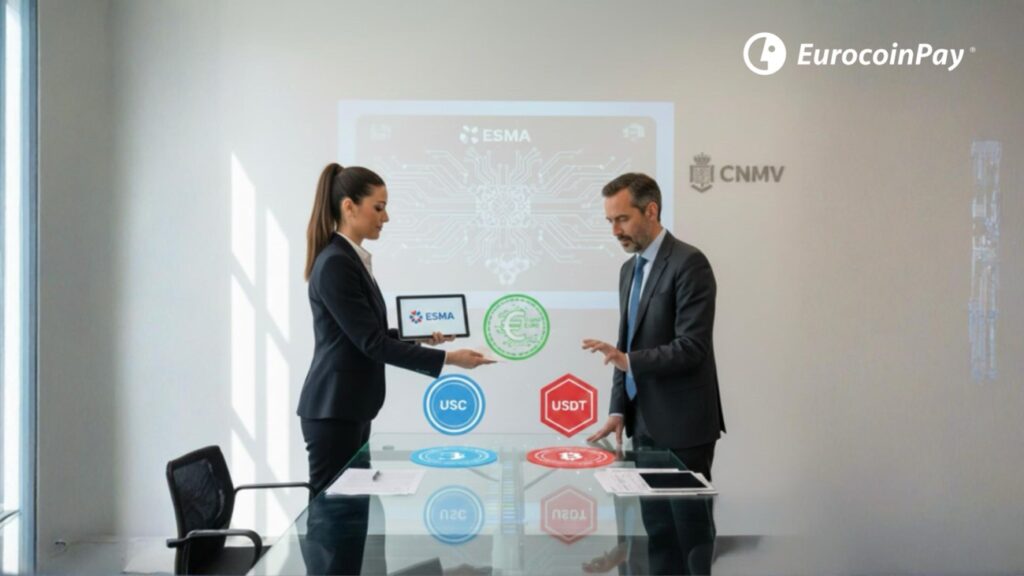Blockchain and its use in estate planning
The growing adoption of cryptocurrencies and underlying technologies, such as blockchain, has sparked global interest. A clear example of this is the growing number of academic papers exploring the applications of this technology in various sectors. As a result of a questionnaire posed as part of a university project in Abu Dhabi, for which we were asked to provide information, we have explored the potential of the blockchain in the traditional field of estate planning. This article seeks to synthesise the main conclusions and reflections arising from this analysis, and to provide an overview of how this disruptive technology is transforming wealth management worldwide.
Blockchain technology, known for being the backbone of cryptocurrencies, is revolutionising a number of sectors, and wealth planning is no exception. Its ability to create immutable and transparent records makes it a powerful tool for ensuring security and efficiency in asset and estate management
What is the blockchain and how does it work in estate planning?
The blockchain is a distributed and decentralised digital ledger, where transactions are recorded securely and transparently. Each block of information is encrypted and linked to the previous one, creating an unalterable chain.
Within estate planning, blockchain can be used to:
- Create immutable asset registries
Every asset, from real estate to works of art, can be recorded on the blockchain, creating an immutable history of ownership. - Automate inheritance processes
Smart contracts can be programmed to automatically execute certain actions, such as the distribution of assets upon a person’s death. - Increase transparency
By being public and accessible, the blockchain allows heirs to verify the authenticity of assets and the execution of last wills. - Reduce costs
Eliminating intermediaries and automating processes can significantly reduce the costs associated with estate planning.
Advantages of blockchain in estate planning
- Increased security: Blockchain technology makes it virtually impossible to alter records once they have been added, ensuring the integrity of the information.
- Transparency: All participants can verify the information recorded on the blockchain, which increases trust and transparency.
- Immutability: Records on the blockchain are permanent and unalterable, preventing disputes and fraud.
- Efficiency: Processes are streamlined thanks to automation and the elimination of intermediaries.
- Accessibility: Information is available in real time to all authorised participants.
Challenges and considerations
Regulation: Lack of clear regulation in many countries can lead to legal uncertainty.
Scalability: Public blockchains may have limitations in terms of scalability, which could affect their large-scale adoption.
Technical complexity: Implementing blockchain-based solutions requires specialised technical expertise.
The future of estate planning
Despite the challenges, the potential for blockchain in estate planning is enormous. As the technology matures and clear regulatory standards are adopted, we are likely to see increasing adoption of blockchain-based solutions in this area.
In conclusion, the blockchain offers a number of significant advantages for estate planning, from increased security and transparency to process automation and cost reduction. While there are challenges to overcome, the future of estate planning appears to be closely tied to this disruptive technology.
Disclaimer: The information set forth herein should not be taken as financial advice or investment recommendation. All investments and trading involve risk and it is the responsibility of each individual to do his or her due diligence before making a decision.





